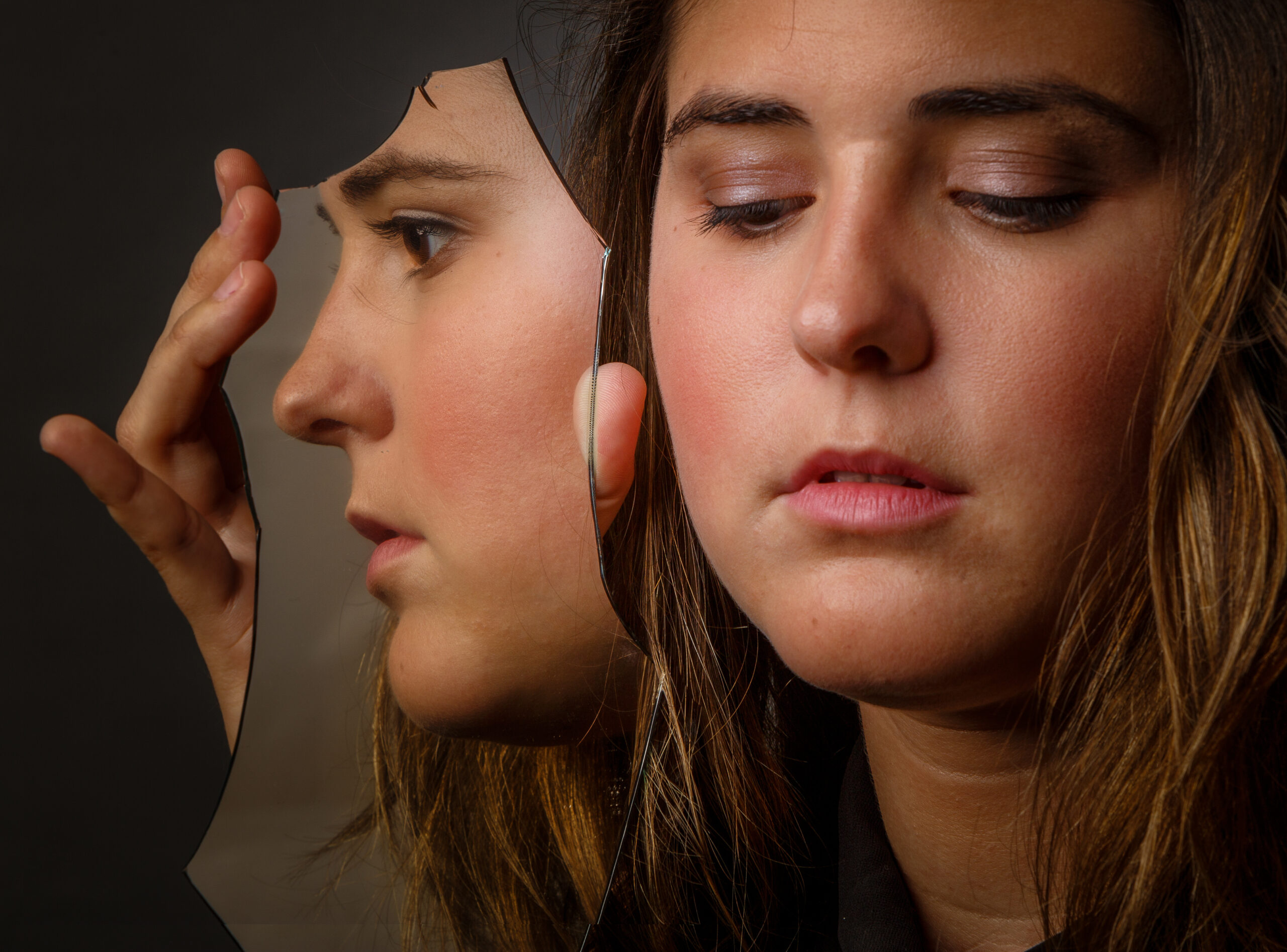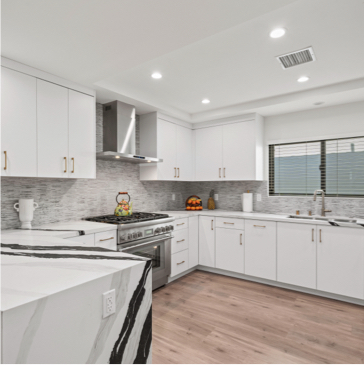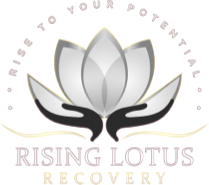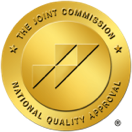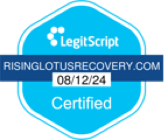Overview:
- Alcohol consumption can exacerbate symptoms of borderline personality disorder (BPD).
- Understanding the relationship is crucial for effective treatment.
- By delving into this complex interplay, individuals with BPD can make informed decisions about their recovery journey.
Alcohol and BPD have a complicated relationship that can significantly influence the course of the disorder. For individuals struggling with borderline personality disorder, commonly known as BPD, the question often arises: does drinking make it worse?
Does Alcohol Make BPD Worse?
Drinking has been linked to worsening symptoms of BPD. Research suggests that individuals with BPD may be more susceptible to the negative effects of drinking due to their emotional dysregulation and impulsivity. When alcohol is introduced into the equation, it can exacerbate mood swings, increase impulsivity, and impair judgment, leading to heightened emotional distress and potential self-destructive behaviors.
Does Alcohol Affect BPD?
Indeed, drinking can have a profound impact on individuals with BPD. It not only intensifies existing symptoms but interferes with treatment effectiveness. Alcohol abuse among individuals with BPD is alarmingly common, with studies indicating high rates of co-occurring substance use disorders. This underscores the importance of addressing drinking in the management of BPD.
Alcohol and Borderline Personality Disorder: A Dangerous Combination
One of the most concerning aspects of drinking in individuals with BPD is the increased risk of alcohol-related blackouts. These episodes of memory loss can lead to dangerous behaviors and put individuals at risk of harm to themselves or others. Additionally, alcohol-induced rage is a significant concern, as it can escalate conflicts and lead to violence or self-harm.
BPD, Drugs, and Drinking: Breaking the Cycle
Breaking the cycle of alcohol abuse in individuals with BPD requires a comprehensive approach that addresses both the underlying emotional challenges and the addictive behaviors. Integrated treatment programs that combine therapy, medication, and support for substance use disorders have shown promising results in managing BPD and reduced drinking.
By shedding light on the relationship between drinking and BPD, we empower individuals to make informed choices and embark on a path to healing. Let’s work together to break free from the grip of addiction and reclaim a life of stability and wellness.
Understanding Alcohol and BPD: A Path to Recovery
The relationship between alcohol and BPD is complex and multifaceted. By recognizing the impact of alcohol on BPD symptoms and treatment outcomes, individuals can take proactive steps towards recovery. Seeking professional help from facilities like Rising Lotus can provide the support and resources needed to address both.
If you or a loved one is struggling with borderline personality disorder and alcohol abuse, don’t hesitate to reach out for help. Rising Lotus offers comprehensive treatment programs tailored to individuals with co-occurring disorders. Call us today at 866-868-0014 to begin your journey towards recovery.

